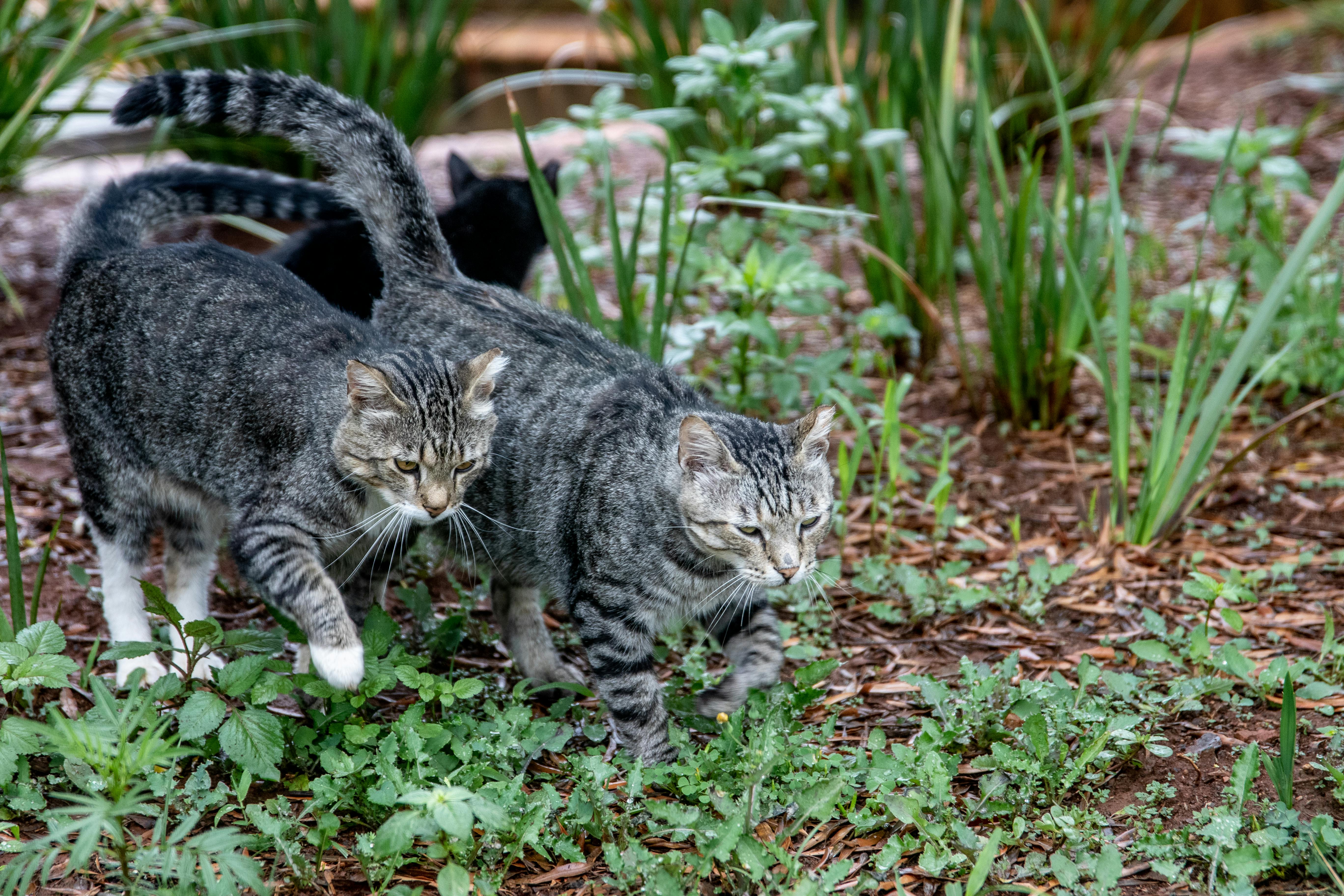
Writing fiction about horses: talking, walking
There are two popular schools of thought when it comes to writing fiction. You say that an author should write about what he knows. The other suggests that you write about a topic you want to learn more about. I can’t argue with either one, except maybe when it comes to horse fiction. I don’t think horses are a topic that can simply be researched on paper and brought into play in a story. The author needs to live it. He or she needs to really experience horses to bring them to life. And I don’t mean just standing on the railing of a racetrack and watching the horses gallop past. Sitting in the stands eavesdropping and taking notes at an equestrian show won’t cut it either.
The most common mistakes for non-jockeys writing about horses is using horse-related terms that are rarely, if ever, used by real-life jockeys and women. In fact, they may be the correct terms. But for the common horse person, they end up getting in the way of history. Using terms that do not apply to a certain group of horses is another red flag of ignorance. For example, a hunter-jumper horse stable will not become a corral. Yes, a corral is a corral, and any horse can become one, but in the real world, that jumping hunter will become a paddock. A racehorse wears blinders, a buggy horse wears blinders. Imagine using one instead of the other in a story, where it doesn’t apply.
The world of horses is filled with a wide range of characters, and although each has different personalities and habits, they would not drive a horse on the right side or ride on the right side; not unless their lives depended on it. Nor would they mount their horse and gallop into the sunset. They may have done that in cowboy movies, but it has no place in reality today. Nor could someone sneak into a barn in the wee hours of the morning, turn two horses around, and leave the barn without moving. All the other horses in that stable will be whinnying and acting bad. The sight or sound of the first person entering the barn in the morning signifies food. It’s breakfast time.
In dialogue, the difference between sounding like you know what you’re talking about may be understated. If you know how to ride, you don’t need many explanations. The actions of your characters become part of the story. The same with the care of the horses. Don’t make the mistake of naming every part of the horse’s body to show you’ve done your homework. You and your characters need to think, live and breathe horses to be a rider. And there are no shortcuts.